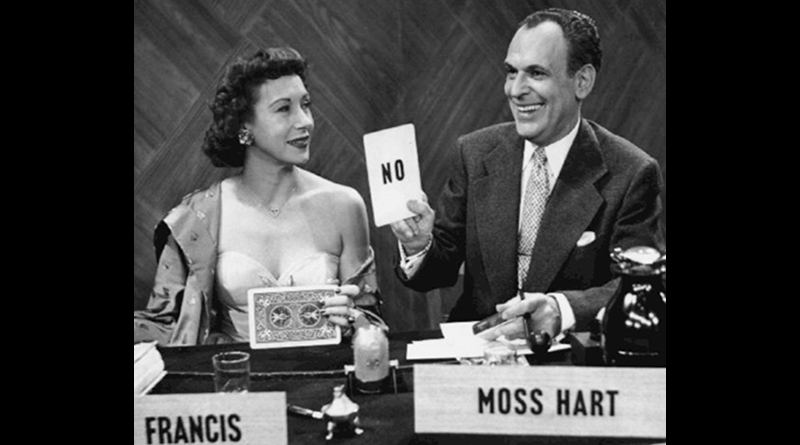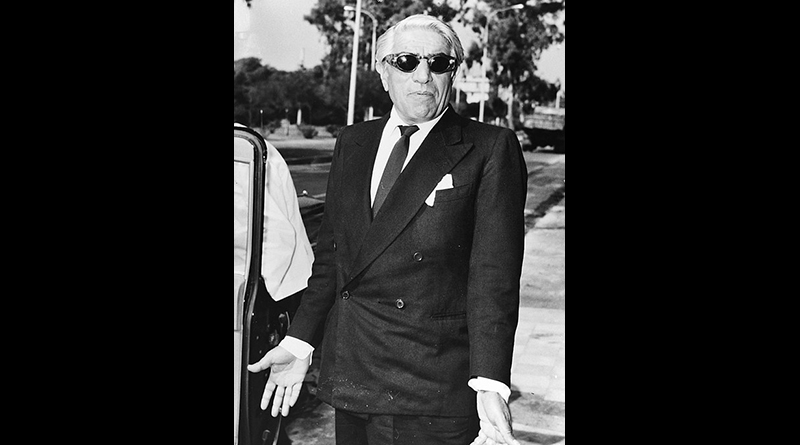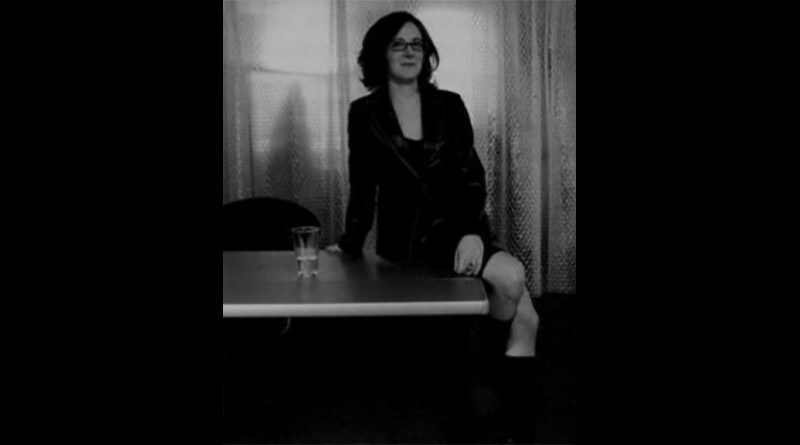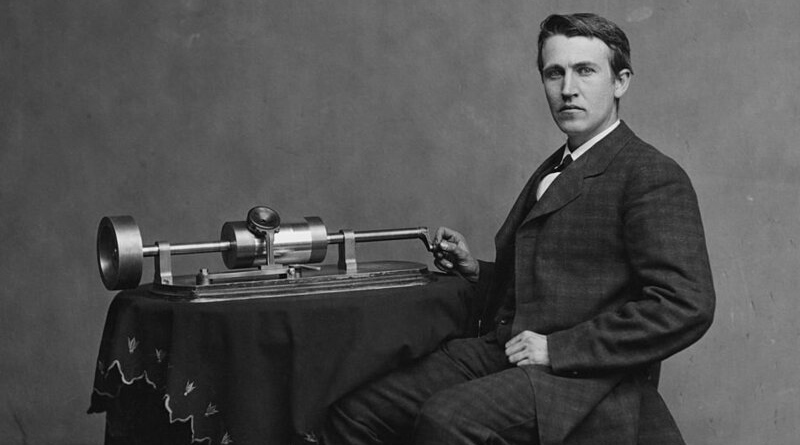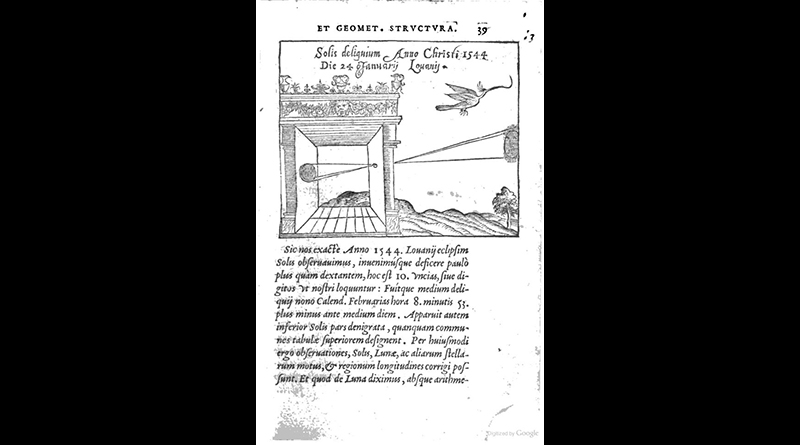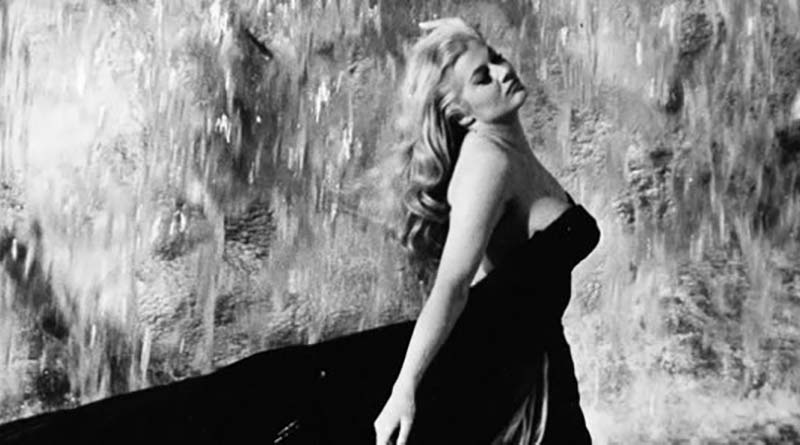The trip was not without fateful consequences of its own. My mother and father met in London — he followed her to America a year later. And on my Aunt Kate the trip produced so profound an impression that she never recovered from it for the rest of her life. She was twenty at the time and my mother eighteen, and for both of them it was a glimpse of a kind of life they had never known or were to know again. To my poor Aunt Kate, an incurable romantic, this whiff of how the other half lived was like some fearful narcotic. From that moment onward, she behaved like a lady of fashion, disdaining work of any sort, and was supported for the rest of her days — she lived to be sixty-odd — first by my grandfather and then by my father, whom she detested and who detested her in return. It was a rather strange obsession, but one that remained unshakable, in spite of the fact that she sometimes had to read her inevitable novel by candlelight, since there wasn’t always a quarter to put in the gas meter. One of the most vivid memories of my own childhood is seeing her trail into her room with her bottle of smelling salts and a book or the Sunday papers, and hearing the lock click shut. Her behavior remained unchanged, while my mother cooked, cleaned and did the washing and ironing not only for ourselves but for the boarders we took in to help pay the rent. It drove my father crazy, as well it might, for she never lifted a finger to help in any way, not so much as by drying a single dish. Yet it was she who opened up the world of the theatre to me and I loved her and am forever grateful to her….
We had taken in boarders long since to eke out my father’s meager earnings, and I might add that boarders in those days received a full measure for their weekly room rent. Along with the room there were included two meals, breakfast and dinner, and laundry. All of this my mother did, as well as taking care of my brother and myself, and serving separate meals to Aunt Kate in her own room. My aunt, of course, weaved through the various boarders, who moved in and out, like royalty visiting a slum, and complicated the life of the household not only by the separate meals in her room, but by locking herself in the bathroom at the busiest hours of traffic and refusing to budge — another bit of Blanche Du Bois — a rather good example, I think, of life imitating art.
We were all at breakfast that Sunday morning, except my aunt, who was already entrenched in the bathroom, when a telegram came for one of the boarders. He must return to St. Louis at once — a dying uncle or some such. He hurriedly packed his things, and as a parting gesture to my father, whom he liked, he left behind a number of books. My father was very pleased. He was not a great reader himself, but he had received so few gifts in his life that I think it was the idea of being given something that gave him a feeling of possession for those books and marked them as some sort of symbol for him.
In the afternoon my father went downtown to put a “room to let” advertisement in the papers, and when he returned, went directly to the late boarder’s room to collect his books. They were gone.
Aunt Kate had taken them and blithely given them to a neighbor upstairs. At first he couldn’t believe it — then he demanded that she go upstairs and get the books back. She merely laughed at the very suggestion of doing such a thing. One did not ask for a gift to be returned. The fact that they were not hers to give she blandly passed by — and then herself produced the straw that finally broke the camel’s back. “Just some old socialist stuff by Eugene Debs,” she scoffed. “Lucky to have it out of the house.”
It was unfair and unkind, and it was the last time she ever baited my father. All the accumulated years of rage and frustration came out in a great burst of violence. It was frightening to see the reservoir of hate in this mild little man spill over. Frightening and astonishing, both. I had hardly been aware of my father before. But Debs was his hero, and somehow his name was the touchstone that set off all the indignities and failures of my father’s own life. I had never seen him like that before, nor have I since that day. He ordered my aunt from the house and stood over her while she packed. For once my mother’s tears availed her nothing, and while I watched horrified, my wonderful Aunt Kate dwindled before my eyes to a frightened old maid, gathering her bits of foolish finery together and dropping her beloved programs from trembling hands all over the floor. It was a terrible scene and I’m not sure that I have ever forgiven my father for it, right though he was. She left the house that day and never returned, and for many years I was not allowed to see her.
It is difficult to recapture now the full impact that quarrel had upon me. A child’s world is made up of the immediate and the absolute. He does not look past today or tomorrow — the tragedy of the moment is an all-enveloping one, and in a very real sense my aunt’s leave-taking represented both a tragedy and a crisis in my life. It marked an end and a beginning. All through those early years I had had no real relationship with either my father or my mother. The two dominant figures in my life had been first my grandfather and then my aunt. I had literally been taken over — alienated, if you will, from my parents at the very beginning. We faced a dilemma now, my parents and I, that was not easy to resolve nor am I sure that we ever did resolve it. For the first time in my life I was entirely theirs — and we were strangers to each other, almost as though I had been kept in some foreign country and had just returned to them.
— Moss Hart, in his book Act One: An Autobiography

